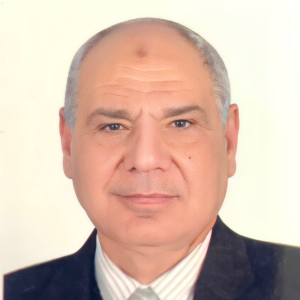Abstract:
Preliminary experiments were conducted using pepsin and trypsin to obtain soybean protein hydrolysate. Pepsin was chosen to obtain bio-peptides from soybean isolate without bitterness. However trypsin showed formation of bitter peptides when used as a proteinase to get bio-peptides from soybean isolate. Addition of soybean protein hydro lysate led to a decrease in the water holding capacity.
Soybean protein hydro lysate (5%-10%) were added to skim milk to manufacture non-fat bio-yoghurt Chemical composition, microbial load, anti-oxidant activity and sensory evaluation were studied. Addition of soybean hydrolysate to yoghurt samples led to an increment of total solids to 11.9% and 12.4% when 5% and 10% soybean protein hydrolysate was added. Addition of soybean protein hydrolysate to yoghurt led to a decrease in water holding capacity during cold storage at 4C for 7days. Acetaldehyde content was increased in yoghurt samples with or without probiotic bacteria due to the presence of soyabean protein hydrolysate.
Yoghurt samples supplemented with 10% soybean protein hydrolysate had 81.02 mg of total phenolic content in comparison with 23.88 mg/100g in the control sample. Non-fat yoghurt samples supplemented with 10% soybean protein hydrolysate resulted in higher total flavonoids content (72.31 mg/100g ) compared to control yoghurt (13.1mg/100g ). Soyabean protein hydrolysate increased the viability of both lactic acid and probiotic bacteria. So soybean protein hydrolysate with probiotic bacteria in association with common yoghurt culture could be used to produce non-fat bio-yoghurt.




